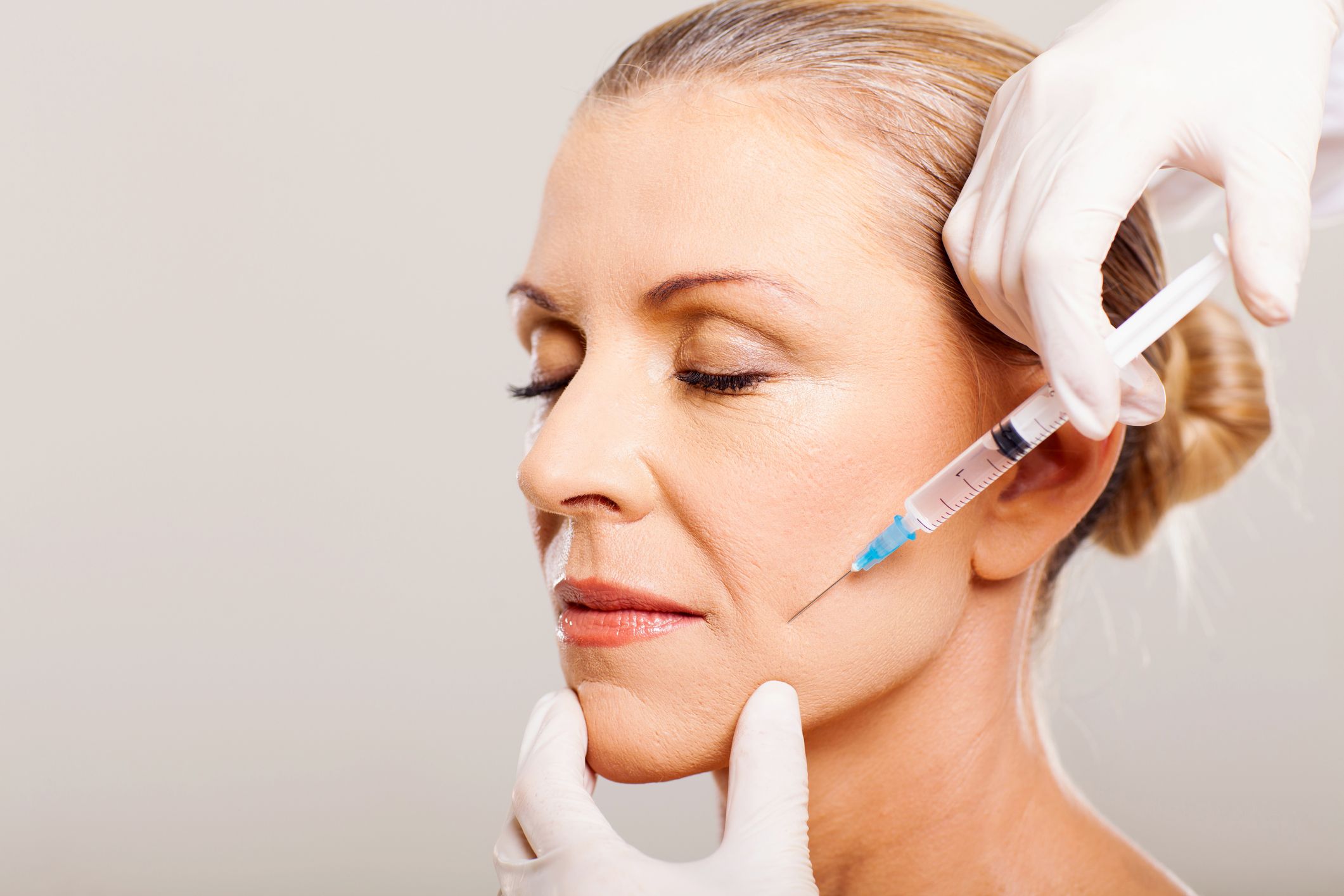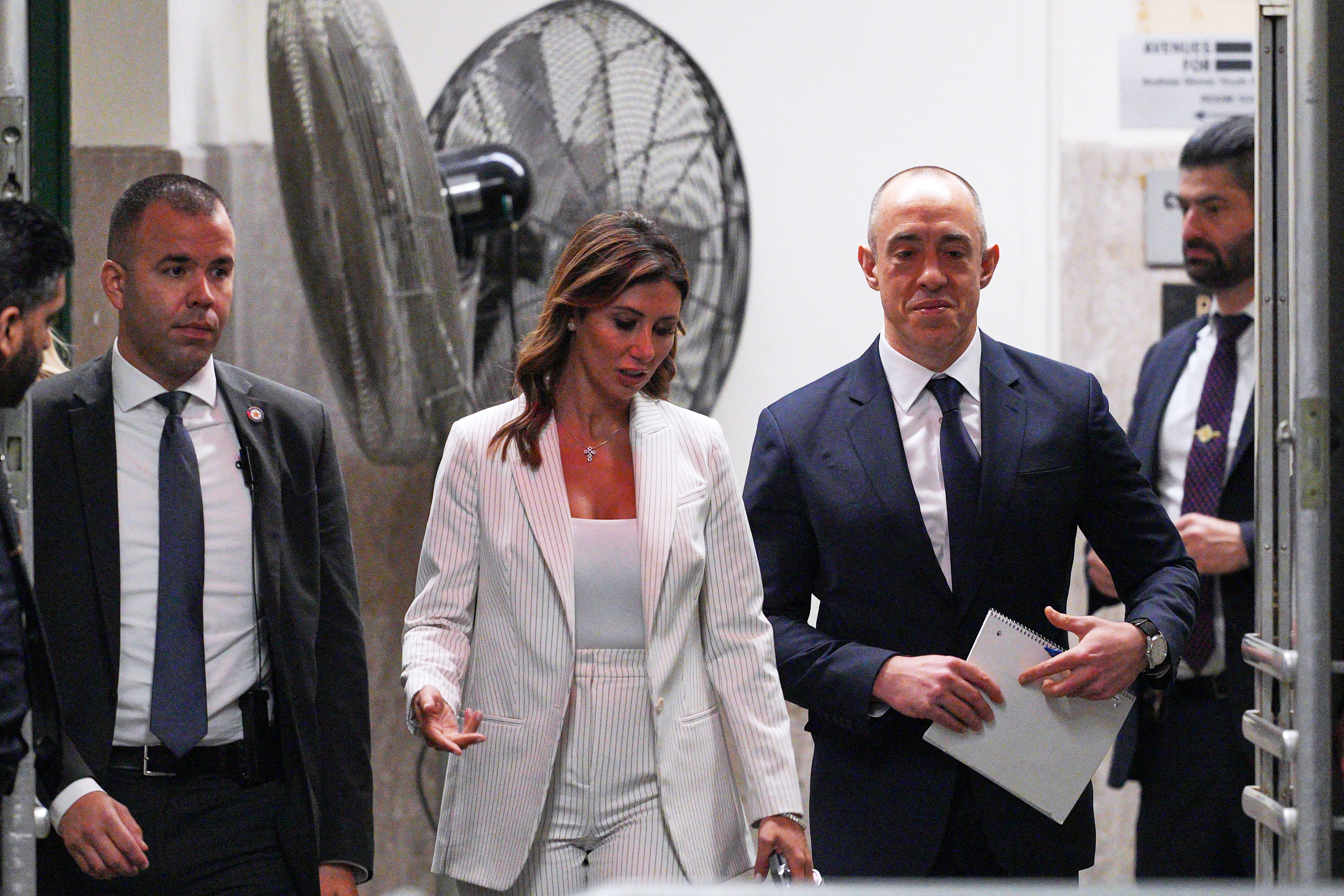
Botox is a cosmetic procedure, so you might be forgiven for assuming vanity is the sole motivating factor for those who go under the needle. But a small study has painted a more complex picture.
In the past half decade, the popularity of Botox in the U.S. has skyrocketed, with a 40.6 percent increase in procedures according to the latest figures from the American Society for Aesthetic Plastic Surgery (ASAPS), and a 5.1 percent rise since 2017. Last year, over 1.5 million Botox injections were carried out.
Researchers at Northwestern University wanted to investigate why so many of us undergo the treatment. The team recruited 511 patients seeking medical cosmetic surgical procedures. Of the participants, over 86 percent were women, and 56 percent were at least 45. Three quarters were white and almost all respondents were college-educated.
Other than the desire to appear more attractive, almost 70 percent said they wanted to improve their psychological well-being, motivated by a yearning for happiness or to feel more confident. Around 61 percent wanted to treat themselves or celebrate an occasion, while almost 59 percent wanted to look good in a professional setting.
A further 53 percent underwent Botox to protect their physical health, for instance preventing symptoms of physical conditions. The jabs can be used to treat conditions such as cervical dystonia, where the neck and muscles contract, as well as lazy eye, chronic migraines, bladder dysfunction and eye twitching.
Read more: 'Designer vagina': Labiaplasty cosmetic surgery procedures 'up 200% since 2012'
Most respondents opted for Botox to please themselves, rather than others, with a partner's preference being a rare motivation.
The authors of the study, published in JAMA Dermatology, concluded: "Common reasons included emotional, psychological, and practical motivations in addition to the desire to enhance physical appearance."
Further research is needed to unpick how variables like a client's age might affect why the opted for Botox, they said.
Botox injections contain the botulinum toxin, which temporarily paralyzes the muscles. Despite its prevalence, the procedure is not risk-free and clients can experience side effects including flu-like symptoms, droopy eyelids or cockeyed eyebrows, a crooked smile and drooling, and dry or tearing eyes.
If the botulinum toxin, which is produced by the microbe which causes botulism food poisoning, travels to another part of the body it can trigger muscle weakness in the body. Vision problems, trouble breathing, loss of bladder control and difficulty speaking can also result.
Uncommon Knowledge
Newsweek is committed to challenging conventional wisdom and finding connections in the search for common ground.
Newsweek is committed to challenging conventional wisdom and finding connections in the search for common ground.
About the writer
Kashmira Gander is Deputy Science Editor at Newsweek. Her interests include health, gender, LGBTQIA+ issues, human rights, subcultures, music, and lifestyle. Her ... Read more
To read how Newsweek uses AI as a newsroom tool, Click here.






